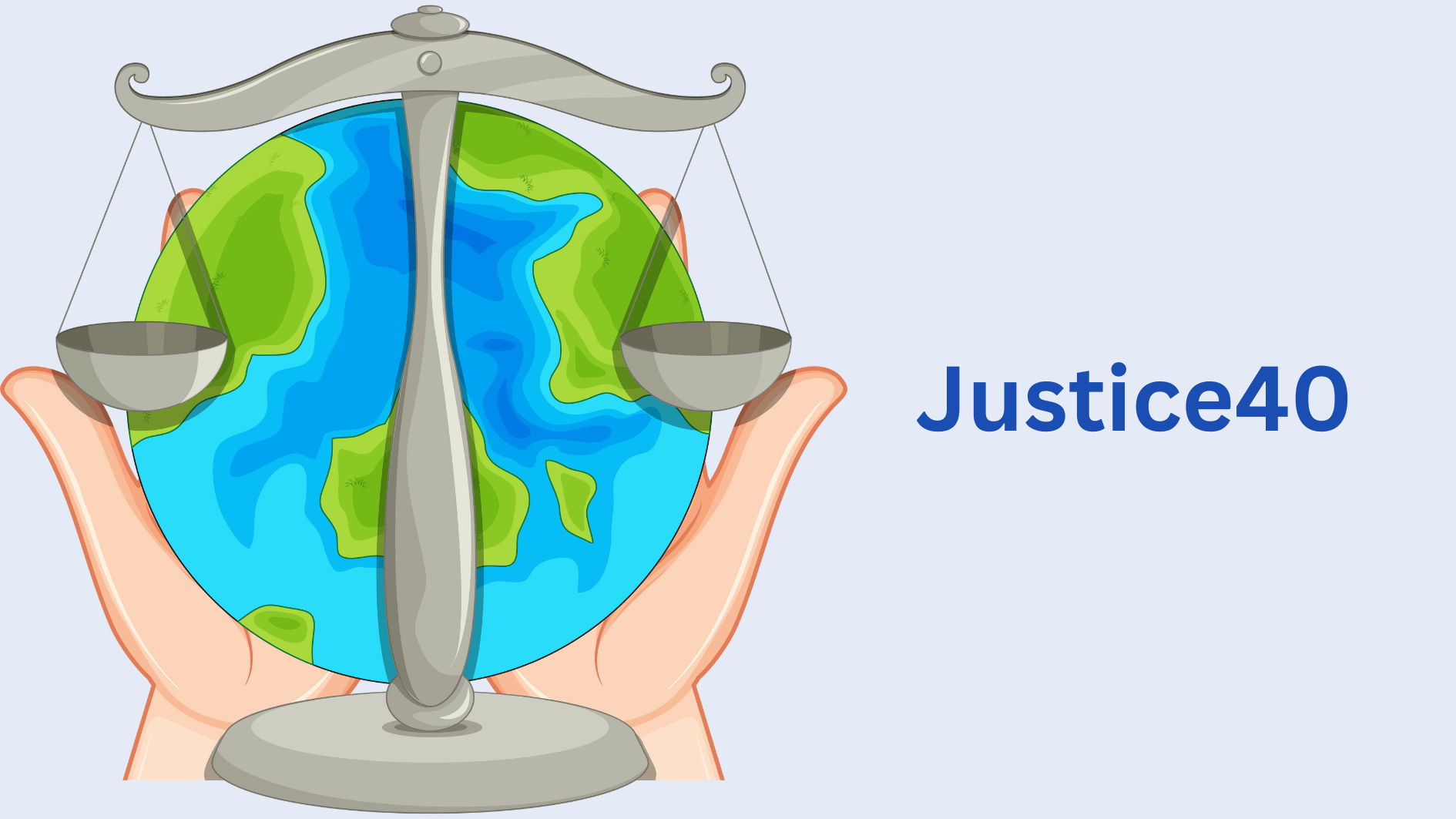Image source: Canva.com
Delaware, though small in size, is making significant strides in promoting renewable energy, particularly solar power. With rising energy costs and increasing environmental awareness, more Delaware residents are turning to solar as a clean, cost-effective energy solution. To support this transition, the state offers a range of incentives designed to make solar energy more affordable and accessible. From tax credits to net metering and rebate programs, these incentives help reduce the financial burden of going solar while maximizing long-term savings. In this breakdown, we’ll explore the key solar incentives Delaware has to offer and how they can benefit homeowners and businesses alike.
The Residential Clean Energy Credit
The Residential Clean Energy Credit, previously known as the Federal Investment Tax Credit (ITC), can reduce the cost of your solar panel system by 30%. This incentive covers the entire system, including equipment, labor, permitting, and sales tax.
To claim this incentive, you need to purchase your system with cash or a solar loan, as leasing does not qualify for the ITC. You must have a sufficient federal tax liability to use the credit, though any unused portion can be rolled over year-to-year until the ITC expires at the end of 2034. Direct payment of the ITC is only available to tax-exempt entities, such as nonprofit organizations.
Delmarva Power – Green Energy Program Incentives
This program offers homeowners grants to offset the installed cost of photovoltaic, solar water heating, wind and geothermal renewable energy technologies, and is applicable only for customers of Delmarva Power, Delaware Electric Cooperative and Delaware Municipal Electric Corporation.
Under the investor-owned program, 40% of rebate funding is available for residential customers and 60% of funding is available for non-residential customers, including energy efficiency education programs. The total of all grants may not exceed 65% of the total annual revenue collected for the Delmarva Power Green Energy Fund.
Net Metering
Net metering is available in Delaware for all electric utility customers that produce electricity from a solar system. To qualify for net metering, the solar system can be sized to produce up to 110% of a customer’s 12 month historical energy consumption. If a system produces more electricity than needed for on-site consumption, the excess energy generated will be credited to the customer’s next month’s bill. However, there is no credit for excess generation at the end of the annualized billing period.
Discover the Ideal Solar System for Your Home in Just a Few Clicks!
SREC
Solar Renewable Energy Credits (SRECs) are credits generated by a solar system based on its electricity production, with one SREC equal to one megawatt-hour (MWh) or 1,000 kilowatt hours (kWh) of electricity. These credits can be sold by the system owner to earn additional income, representing the renewable value of the electricity generated. SRECs are sold separately from the electricity itself.
Delaware has established two primary programs for homeowners, business owners, and others with solar installations to receive payment for their SRECs. Participation requires signing a long-term contract to transfer the SRECs. Residential customers can have their solar installer apply to one of these programs on their behalf. Ask your installer if they plan to submit an incentive application for your system, which may be included in your installation cost:
1. Upfront SREC Purchase through Green Energy Program
2. SREC Delaware Procurement Program
Solar for All
- The Clean Energy Fund of Texas (TxCEF), in collaboration with the Bullard Center for Environmental and Climate Justice at Texas Southern University (BCECJ), collectively known as CEFBC, is dedicated to deploying technical assistance, private capital, and grants to minority-serving institutions. Together, these organizations aim to facilitate the establishment of residential-serving community solar projects in low-income and disadvantaged communities that face significant challenges related to energy policy and grid vulnerability. These projects are anticipated to result in emissions reductions, savings on household utility bills, generation of shared revenues through community ownership, and the mobilization of private capital.
- Teaming up with lead applicant GRID Alternatives, a coalition of ten mission-driven nonprofit solar and affordable housing providers and allies has collaborated to develop the Solar Access for Nationwide Affordable Housing Program (SANAH). SANAH is meticulously crafted to maximize benefits for households and communities while advancing equity, reducing harmful pollution, and combating climate change. The program offers a multitude of advantages, including expanded access to solar and storage for income-qualified households, significant energy savings and relief from burdensome costs, as well as additional benefits like efficiency improvements and electrification.
Disclaimer
The information provided herein is for informational purposes only and is accurate as of the time of publication. Please be aware that the solar energy landscape, including technology, regulations, incentives, and market conditions, changes frequently. Therefore, it is essential to consult with qualified experts and professionals before making any decisions regarding solar energy installations or investments. This will ensure that you receive the most current and applicable advice tailored to your specific circumstances.





